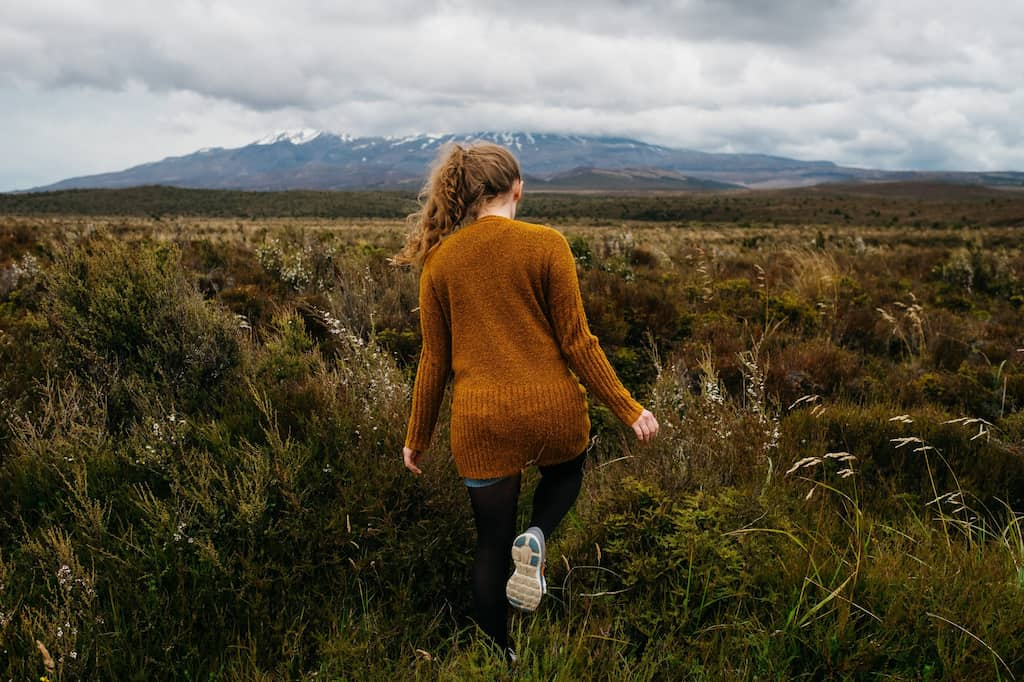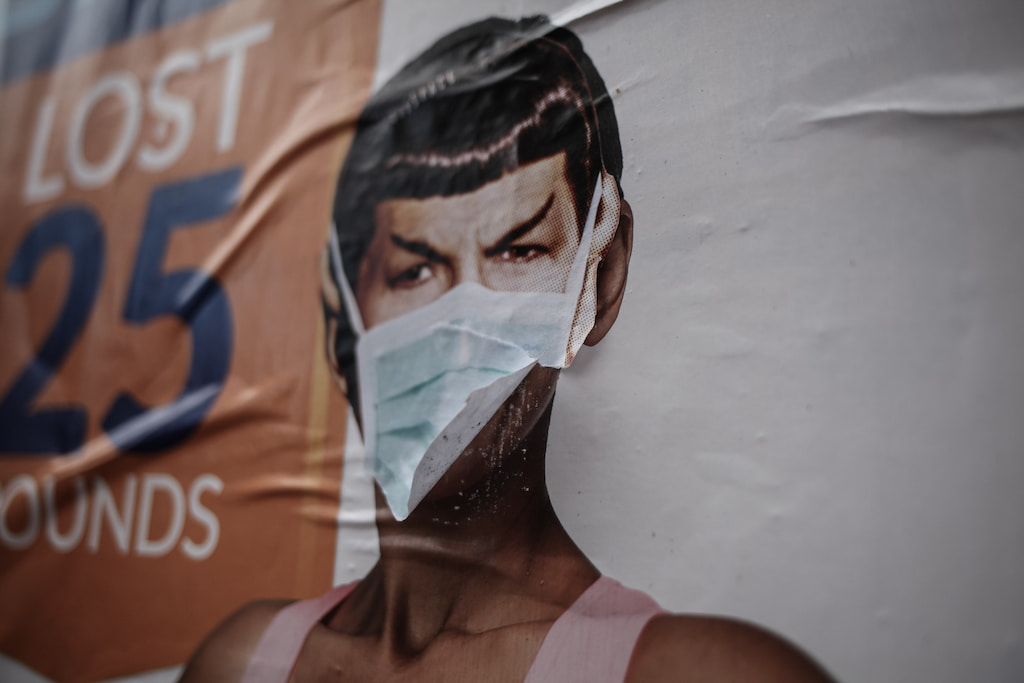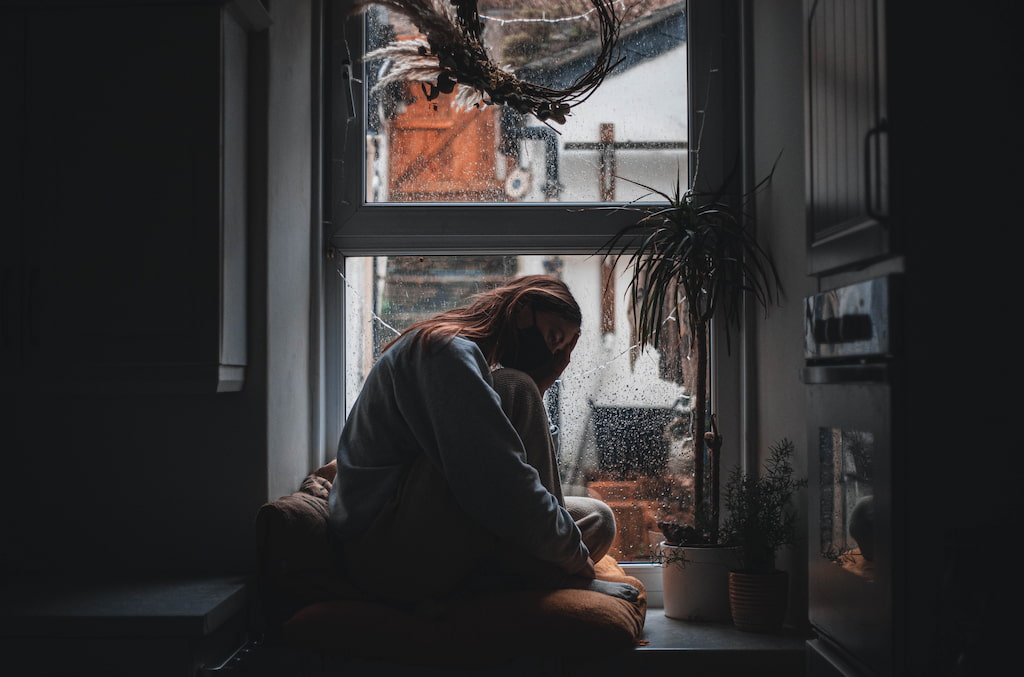Looking for Balance in the New Normal

The early days of the pandemic were extremely difficult for us all, mainly due to the intense uncertainty we faced and the challenging actions we had to take to stay safe. While the change to our daily routine and normal social environment was very jarring, it was certainly even more difficult for those who actually came down with the illness. While we suffered in different ways, all of us experienced hardship during this period.

Coping with Change
For some time now, we have been trying to adjust to the new normal and how that affects our daily lives. We may be going out more often now, meeting friends and even making vacation plans. While it may seem as if we are getting back to our old habits, we can never quite forget that this is a ‘new normal’.
As the world begins to open up, we may feel less anxious, afraid or desperate than we did in the early stages of the pandemic. However, the fact that the virus is still with us means that our fears and worries are still valid. During the reopening process we need to stay conscious of the ongoing reality of coronavirus, and the fear and anxiety that comes with it, and balance this with our wish to get back to normal.
The irony is that many of the things that make us feel good are now potentially dangerous. Spending time with our loved ones, doing things that we enjoy, traveling or exercising are now potential health risks. It is worth finding the time and arranging the logistics to do these things, since they have such a positive effect on our psychological and physical wellbeing. Yes, there were stresses in our past lives, but these were mainly due to the dynamics of our relationships. These problems could even prove insightful and beneficial if we took the time to dig deeper into their causes.
We have much greater access to our old habits and friends now than we did during the first days of the pandemic. Although it is still very important to comply with the rules set by the authorities, we still have to use our own initiative and make our own decisions. This is a powerful reminder that we remain in control of our lives. This can help you to feel empowered, and even help you to achieve your potential. Not having options can, conversely, lead to stress and feelings of desperation.
Nevertheless, the virus still continues to cause problems in our lives. But we do have more freedom of movement, and we have started to feel stronger as we learn more about this new and unprecedented situation. We have now more experience, but we are still facing risk factors that require us to be more careful than before. This dilemma creates an important challenge for us to overcome during this process: while we remain conscious of our fears and worries we should still seek out the people and activities that empower us and make us feel stronger and more capable.

Dealing with Difficult Emotions
During this reopening process, many decisions concerning our safety have been left up to us, and some people may underestimate the risks that we continue to face. One common way that people deal with uncomfortable decisions or emotions is to deny or repress them. This is true in many situations, not just concerning the coronavirus pandemic. We often deny or repress the difficulties, frustrations, sadnesses or anger in our relationships. Yet, this so-called solution often leads to other problems, because those feelings are still there; they just find other ways to manifest themselves. In the case of pandemic, many people have repressed their fears and worries. It is important not to shut yourself off, and to keep going with the reopening process even as the pandemic continues around us. But our fears and worries are triggered by a real threat, and they are a valid expression of our need for safety. We should allow ourselves to experience them in our body, mind and soul, and remember that they are quite normal. Our fears and worries should be acknowledged and accepted in order for us to take the actions we need to feel safe. Exercising, taking time for self-care, rooting and slowing down remain helpful ways to regulate such emotions.
Even in these new circumstances, some of us may continue to experience intense feelings such as desperation, anxiety and fear. Our fear of the virus can overshadow our desire to return to our old habits and blend back into life. In this case, we need to look at how we assess risk and make rational decisions.
Ask yourself: what triggers my fear and worry? What can I do to minimise them? Is my reaction appropriate? What kind of measures could I take to make me feel safe? Who can I talk to about my fear and anxiety? Who do I think is doing a good job of balancing their need to protect themselves while adjusting to the new normal? What kinds of things are they doing? Is the fear and anxiety I feel about coronavirus similar to my reactions to other experiences? Looking for the answers to such questions will help us to assess our circumstance in a more constructive way and decide what we can do to improve it.
From the beginning, the coronavirus pandemic has forced us to deal with change and uncertainty. As we all have experienced in different ways, this can be very difficult since we are experiencing a real threat. In this process, we should allow ourselves to experience our emotions and feelings, identify our needs, and correctly evaluate our circumstances in order to stay safe and get the support we need.
Translator: Ebru Peközer





